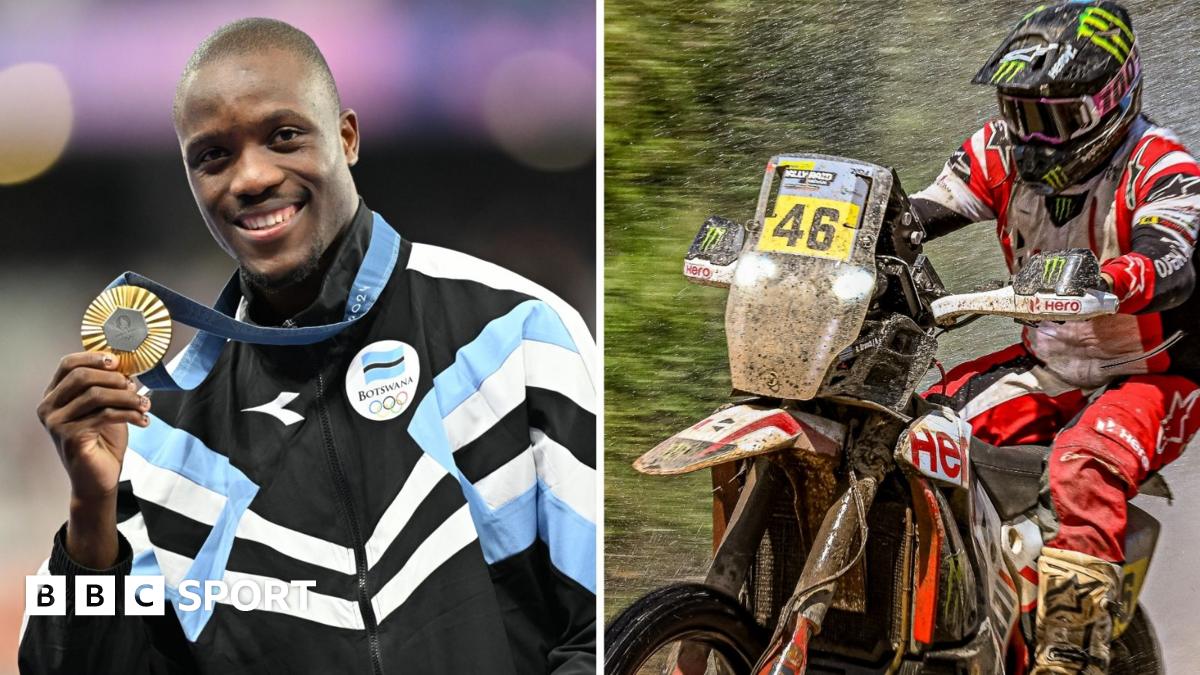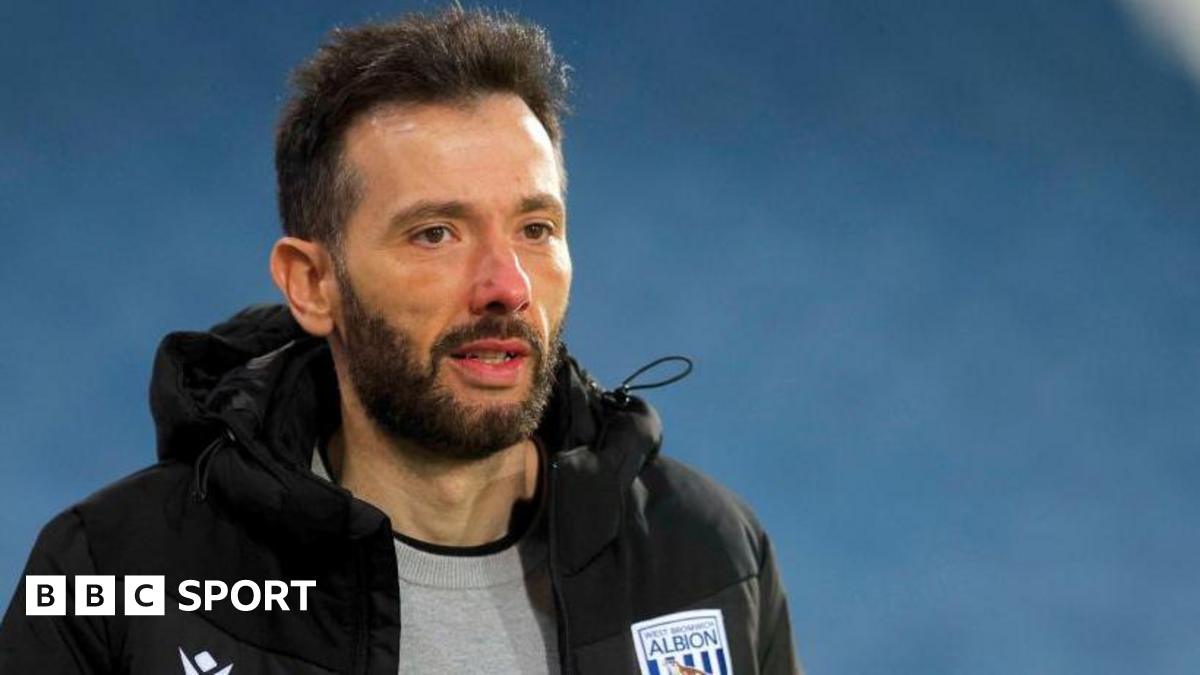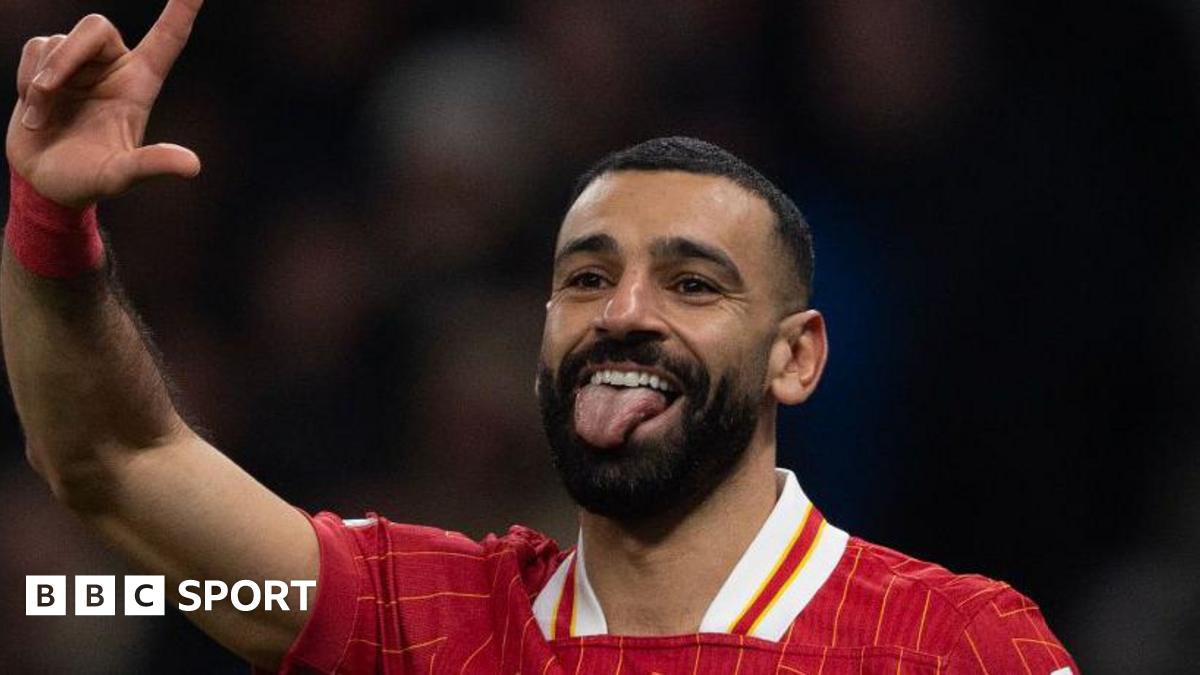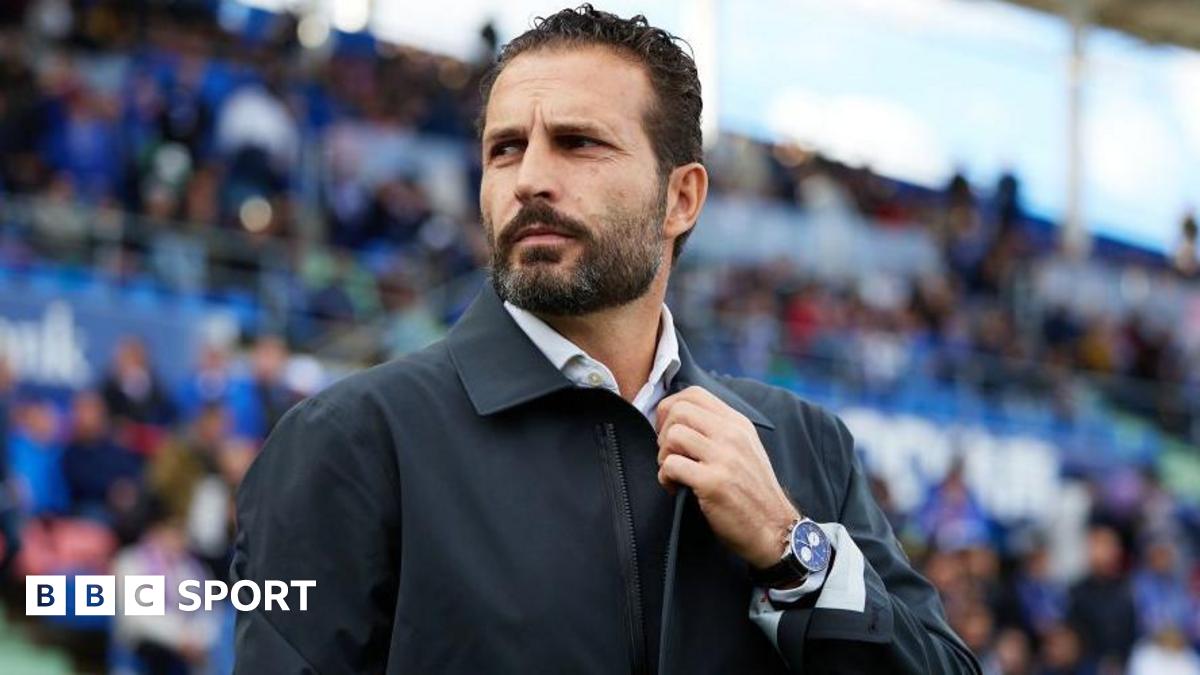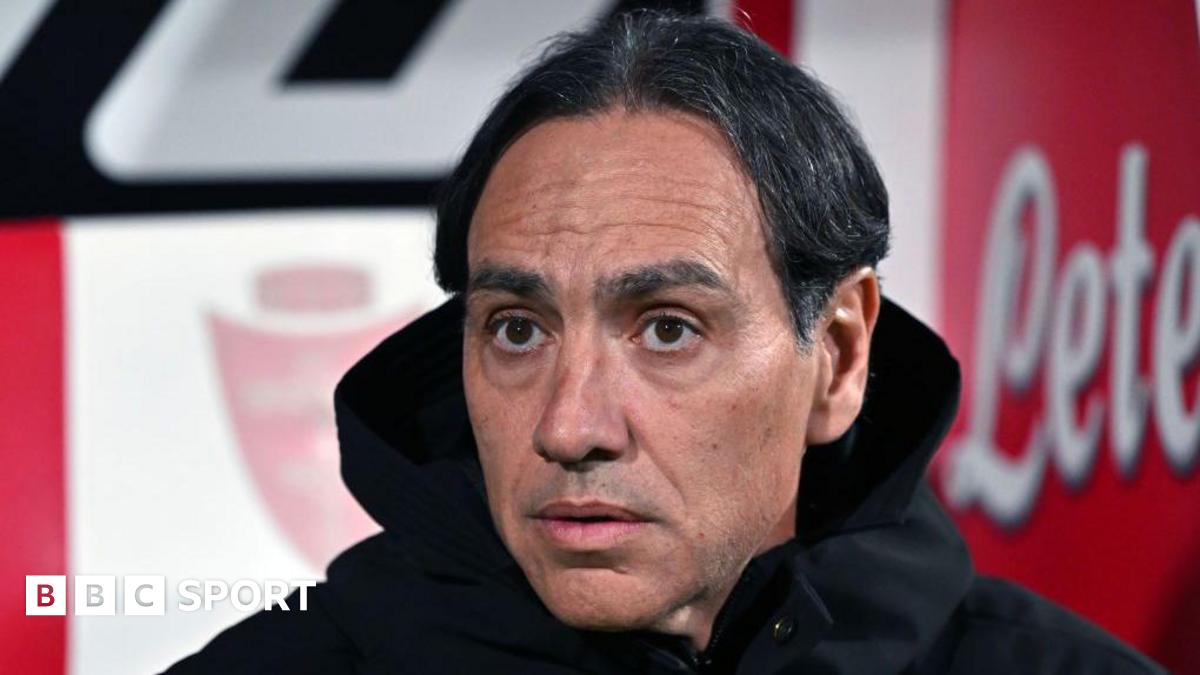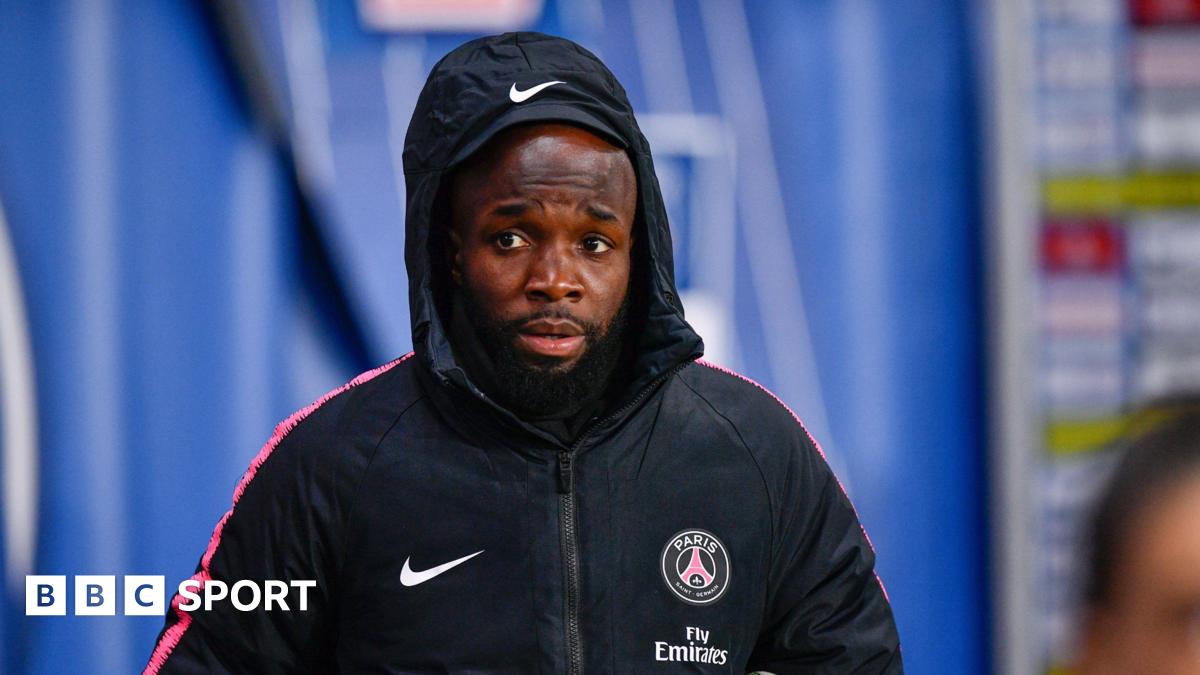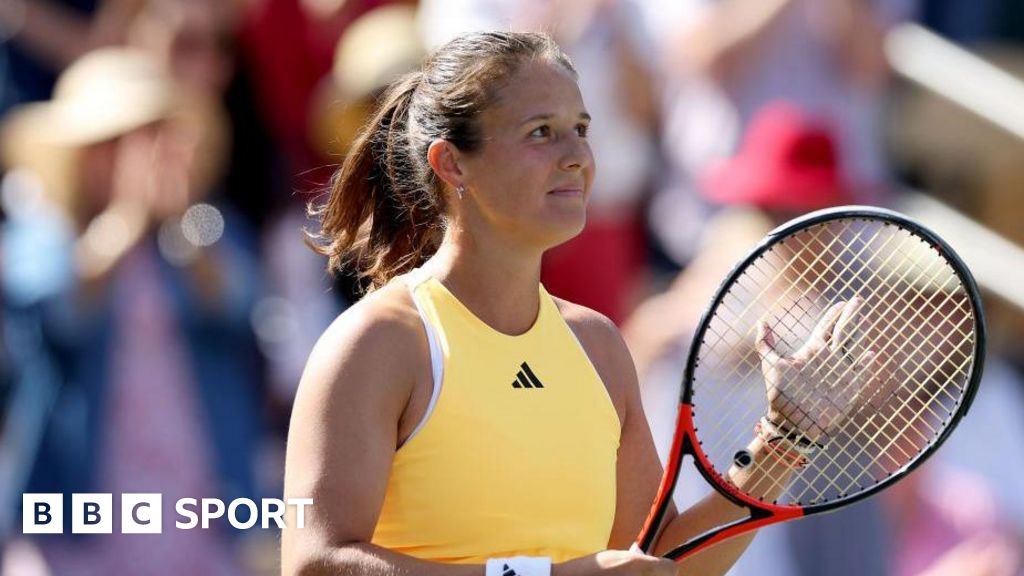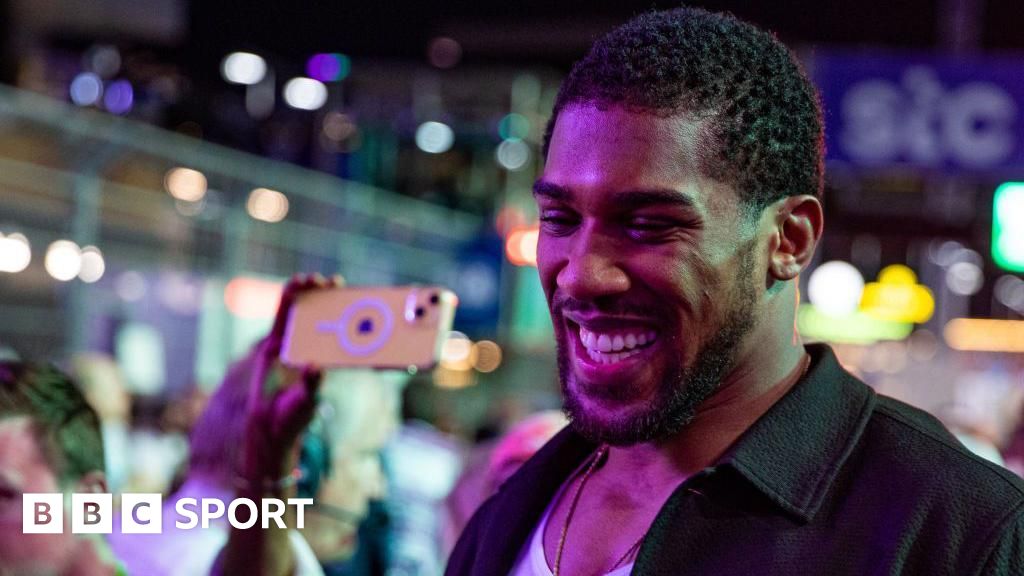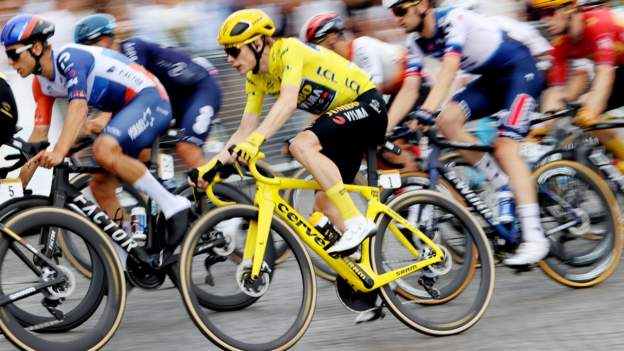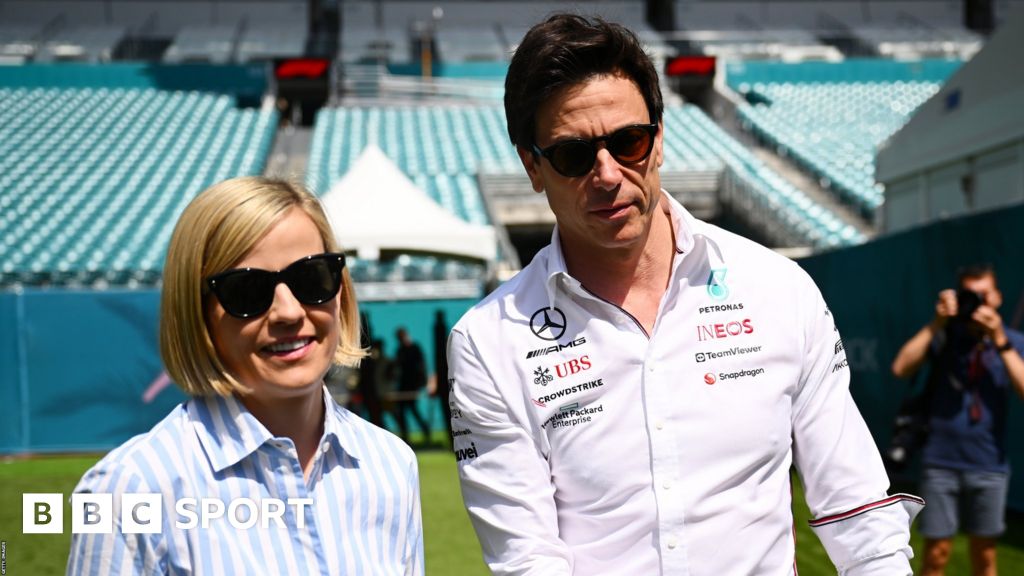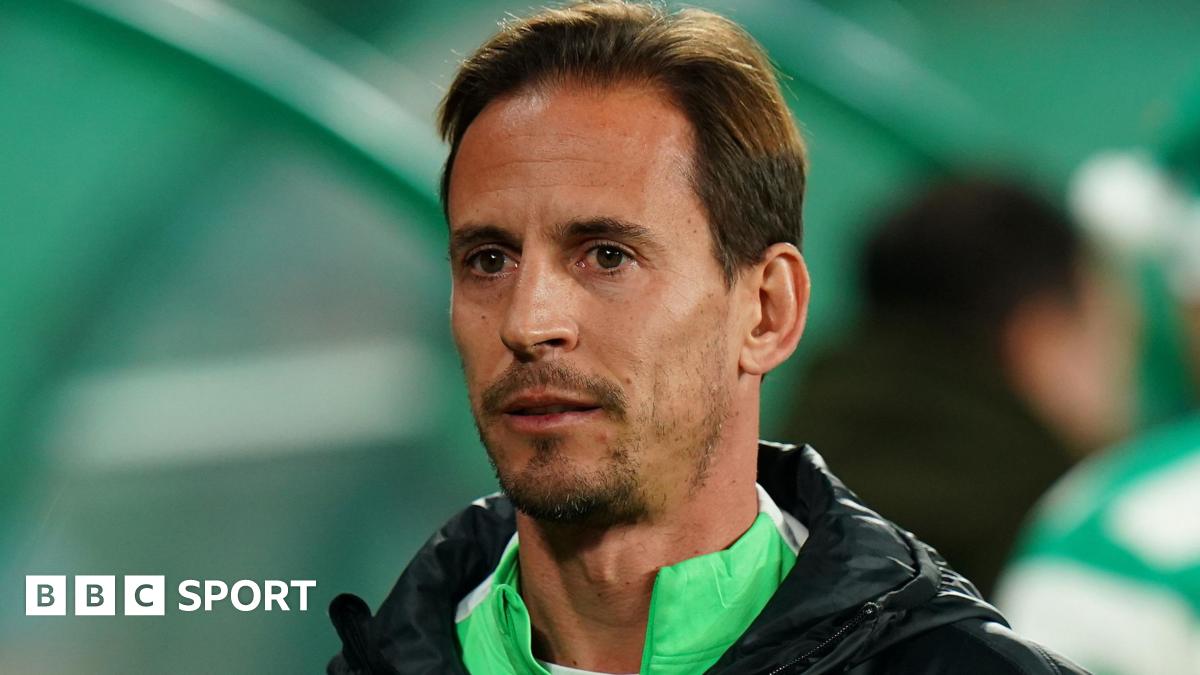Human Rights Watch told the BBC in December that Saudi courts had convicted people for promoting homosexuality online and added “LGBT people in Saudi Arabia have to practise extreme self-censorship to survive their daily lives”.
In response, Arij Almutabagani – the president of the Saudi Tennis Federation – said gay players would not need to act any differently to the way they do in places like Abu Dhabi and Dubai, where WTA tournaments are already staged.
“People can behave the way they want to – there is nothing that says you can or you cannot behave. You just have to understand that every country has its rules and traditions,” she said.
“It’s the same thing that has happened in Dubai. How do they act in Dubai? We are the same, we are all neighbours. Saudi Arabia, Qatar, Kuwait, UAE – how would the players behave there?”
WTA chief executive Steve Simon has said representatives of the LGBTQ+ community were included on fact-finding trips to Saudi Arabia, before the deal for the WTA Finals was concluded.
Tunisia’s world number nine Ons Jabeur has also reiterated her support for the Saudi Finals.
“As an Arab woman, I’m very proud some things are moving there in Saudi,” she said in Madrid.
“Like Princess Reema said: you should come to Saudi, be there, and judge yourself.
“For me, it always has been about chances, and going there not just to play tennis matches but to give the opportunity especially for younger women to see their role models and to believe that they can achieve anything.”

